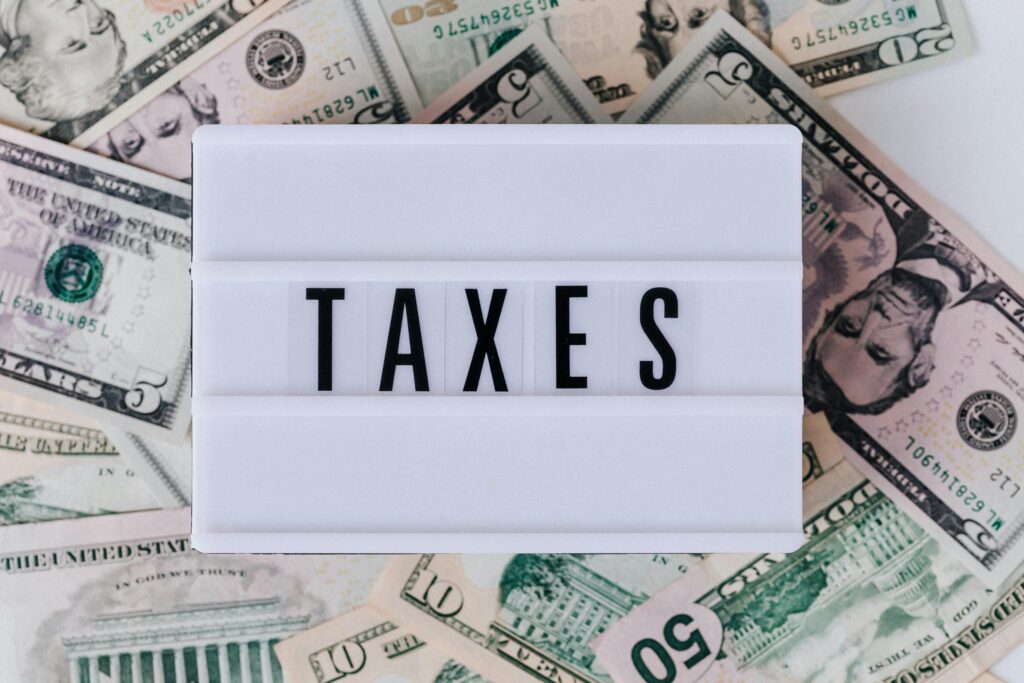The owners of properties frequently embark upon enhancements to their residences in a bid to augment their functionality, convenience, and visual charm. Nonetheless, proprietors must take into account the potential ramifications of these alterations on their property levies. Grasping the manner in which specific alterations influence property tax evaluations is imperative to render well-informed decisions regarding investments in residential refurbishments.
Identifying Real Estate Taxes
Municipal authorities impose property levies predicated upon the evaluated worth of immovable assets within their domain. These impositions serve as a source of funds for communal amenities such as transit, academia, and crisis intervention. Outstanding property imposts are customarily delineated as a fraction of the property’s appraised value.
Factors Influencing Property Taxes
Several variables may impact the assessment of property levies, including the geographical location, dimensions, age, and state of the property. Furthermore, disparities in property appraisals and local tax tariffs could influence the overall sum of taxes payable by landholders.
The Effect of Home Improvements on Property Taxes
Enhancements to a domicile have the potential to augment its value and allure, yet they may also result in an escalation of property levies. In the event that modifications amplify the assessed value of a homeowner’s abode, they could find themselves subjected to heightened tax evaluations.
Examples of Upgrades to a Home That May Raise Property Taxes
Specific home improvements are more likely to result from higher property tax assessments. These could consist of the following:
There are room additions or extensions.
The installation of swimming pools or hot tubs, lavish enhancements such as epicurean kitchens and opulent bathrooms, and structural alterations like fresh roofing or siding. The Ramifications of Extensive Refurbishments on Taxation
Substantial overhauls, such as renovating a kitchen or bathroom, can profoundly influence the assessment of property levies and the valuation of a residence. Homeowners must remain cognizant of the potential fiscal ramifications prior to executing significant alterations.
regional tax legislation
Property tax laws and regulations vary throughout municipalities and locales. Certain home improvements could qualify for tax reductions or incentives in certain areas. On the other hand, because of strict assessment procedures in some places, homes that have undergone renovations might pay more taxes.
Techniques to lessen property tax hikes
Homeowners can take several steps to lessen the impact of improvements on their property taxes. These include getting permits, ensuring local building codes are followed, and planning renovations during reevaluation periods.
obtaining professional guidance from tax consultants or assessors
Getting Tax Expert Advice
Before starting any significant home repair work, homeowners should speak with tax professionals due to the intricacy of property tax laws and regulations. A tax professional can offer customized guidance based on the homeowner’s situation and the applicable local tax regulations.
Property taxes benefit the community.
Levies on real estate holdings represent a crucial revenue stream for communal amenities and infrastructure endeavors within local vicinities. Through fulfilling their due obligations in property levies, proprietors actively contribute to the maintenance and enhancement of their surrounding environs, public educational institutions, and communal infrastructure.
Maintaining Equilibrium Between Home Improvements and Property Value
Homeowners must carefully evaluate the potential escalation in property valuation vis-à-vis the concomitant rise in property levies when contemplating modifications to their residences. It is imperative to strike a delicate equilibrium between evading undue tax liabilities and enhancing the allure of the property.
An Overview of Long-Term Capital Projects
Viewing home enhancements through the lens of enduring investments, aimed at augmenting the overall value of the property, notwithstanding the potential transient escalation in property levies, is imperative. Homeowners can optimize their return on investment while mitigating the repercussions on their property taxes.
Case Studies
View the following case studies to learn how home upgrades impact property taxes:
Illustrative Example 1: An occupant opts to refurbish their culinary space, thereby augmenting the evaluated worth of their abode and, thus, their levied dues.
Illustrative Example 2: Through the addition of an aquatic oasis in their rear plot, a property holder enhances the value of their domicile and, consequentially, their tax obligations.
Illustrative Example 3: When dwellers integrate energy-conserving enhancements, they become eligible for incentives or tax deductions, counterbalancing any plausible surge in property assessments.
To sum up
Enhancements to residences can markedly influence property levies, with certain augmentations resulting in escalated valuations. Property holders ought to seek counsel from taxation experts for tailored tax advisement and ponder over the prospective tax ramifications of their refurbishment endeavors. Through meticulous contemplation of the advantages of residential enhancements vis-à-vis the associated tax consequences, property owners may arrive at well-considered choices that heighten the value and allure of their domiciles.



